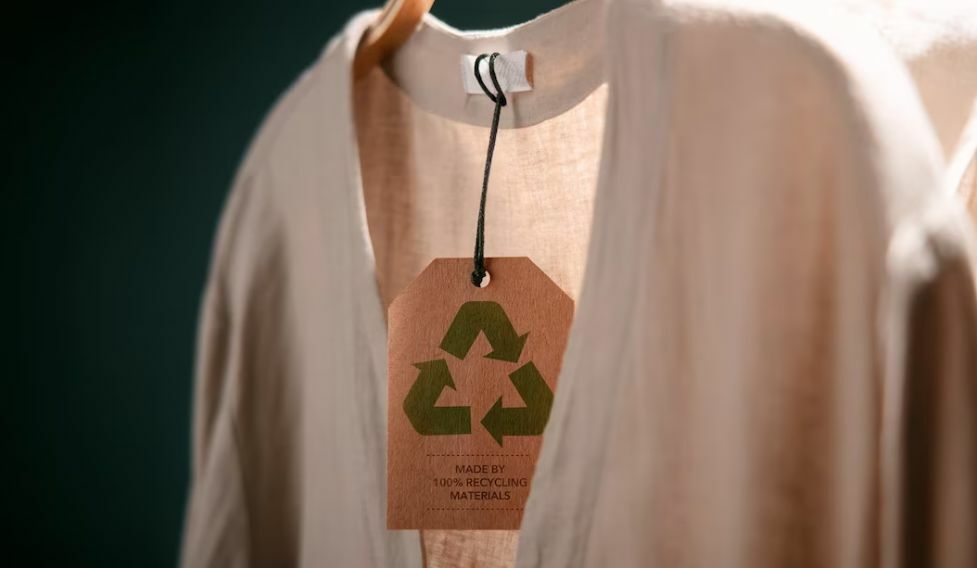Thai recycled clothing fashion to reach 1.3 billion baht by 2032

As environmental concerns rise globally, consumer demand for clothing made from recycled materials continues to grow. Poonpong Naiyanapakorn, the Trade Policy and Strategy Office (TPSO) director-general, highlighted the environmental impacts of the textile industry, which consumes 93 billion cubic metres of water annually, releases 1.7 billion tonnes of carbon dioxide, and accounts for 20% of worldwide wastewater discharge.
Major fashion companies are now paying attention to environmental awareness and committing to the Fashion Industry Charter for Climate Action, targeting net-zero greenhouse gas emissions by 2050. Consequently, clothing brands are adopting sustainable practices by utilising more recyclable materials in garment production.
For example, Patagonia, an American outdoor clothing company, manufactures 70% of its products using recycled materials, while Swedish brand H&M and Japanese brand Uniqlo have implemented recycling schemes to accept used clothing for raw material production.
In Thailand, there is a growing focus on sustainability, with a projected market value of 1.3 billion baht for clothing made from recyclable materials in 2032, accounting for approximately 0.5% of the nation’s total clothing market value, reports Bangkok Post. Thai entrepreneurs are increasingly embracing sustainable practices, as demonstrated by Circular Brand, which upcycles fabric scraps into new textile products, and Moreloop, a startup that utilises unused fabric from factories to create garments and bags.
Poonpong emphasised the importance of government support for sustainable practices and environmentally-friendly business initiatives. He encouraged business owners to study regulations and adhere to environmental standards to boost global competitiveness, particularly with trading partners prioritising environmental concerns.
In an effort to promote sustainability in Thailand, leading plastic manufacturer Thantawan Industry has shifted its focus towards creating eco-friendly products in line with the Thai government’s BCG initiatives. Their garbage bags, made from recycled plastic beads and straws, are designed to help the nation more effectively manage its plastic waste. In synchronizing their business strategies with a greater emphasis on ecological responsibility, Thantawan Industry, along with various other enterprises, serves as a driving force in Thailand’s pursuit of a more sustainable and environmentally friendly future.
Latest Thailand News
Follow The Thaiger on Google News:


























